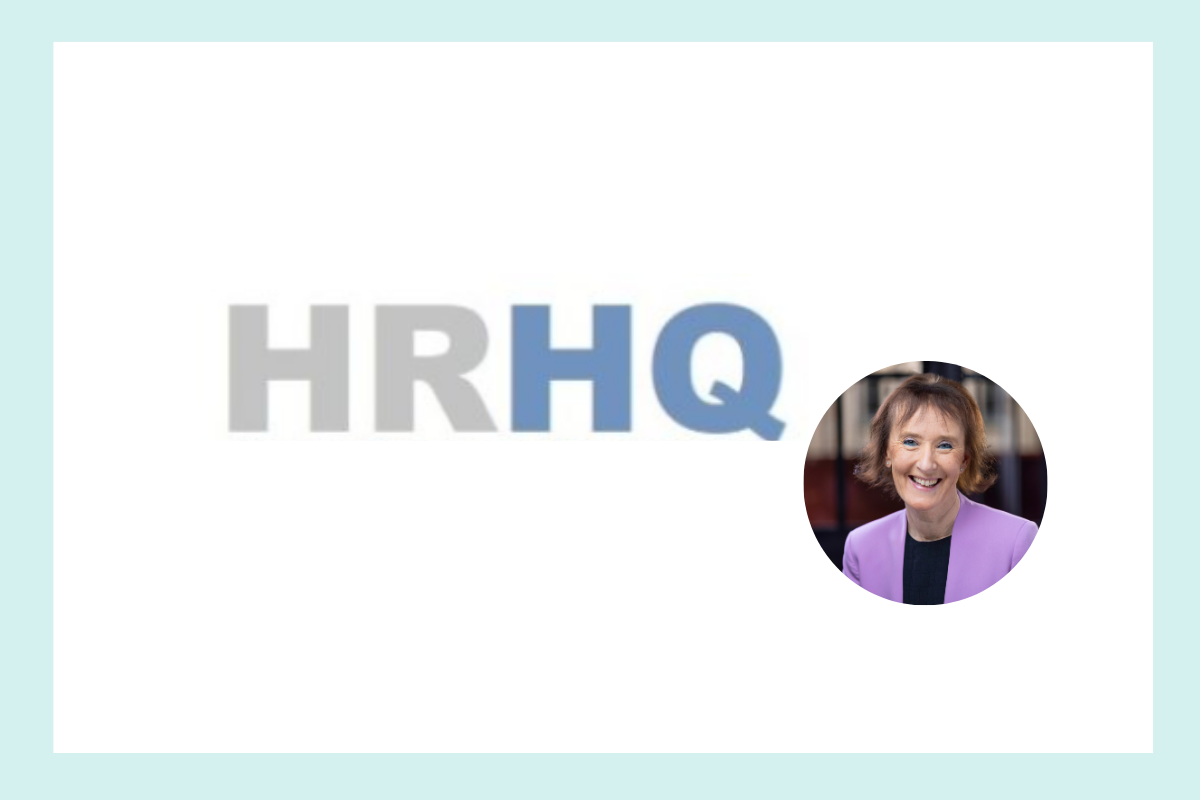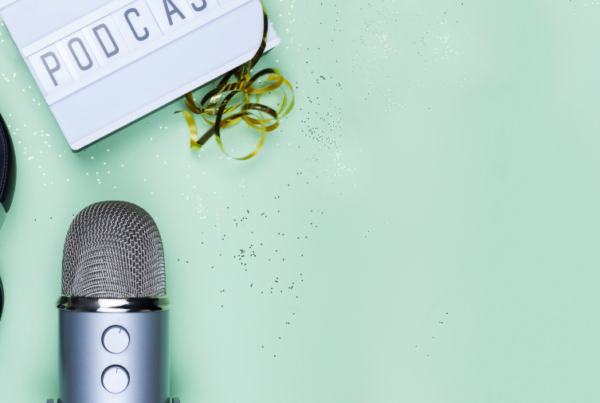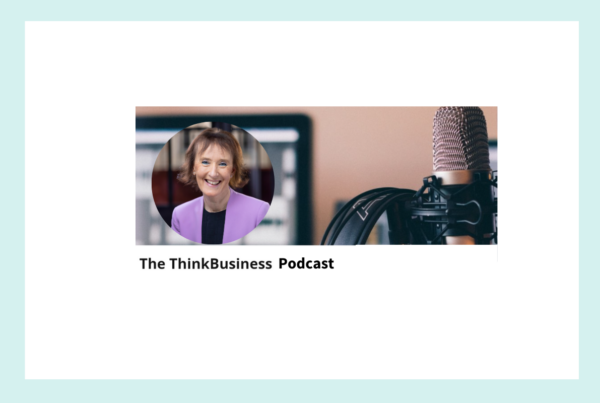In July 2020 Declan Collins chatted with our Productivity & Wellbeing expert Moira Dunne for the HR HQ Podcast. In this episode Moira and Declan discussed what makes people productive working from home, time management and much, much more. Below is a transcript of the Time Management Podcast with Moira Dunne.
You can listen to the audio podcast here.
Time Management Podcast with Moira Dunne
Question:
Hi Moira, tell us a little bit about what you do.
Answer:
beproductive.ie is the name of my business. It is a productivity consultancy. I work with people to help them be productive. Working with individuals and teams within organisations I help them get more from the effort that they put into their work lives. I deliver Productivity training courses, seminars, webinars and individual Coaching programmes.
Question:
We are recording this during the Covid-19 restrictions which has changed things. How has that changed how you do business?
Answer:
Probably 90% of my work was in-person within companies before the Covid-19 restrictions. Everything stopped during the first few weeks of the pandemic. In the previous year I had started doing Productivity Coaching online, so I was up and running for online work. While I was thinking about shifting my training courses online, I saw the 9:00 o’clock news one night on RTE. They interviewed people who normally work in offices. They were all finding it hard to be get things done working at home. I knew I had so many productivity tips that could help people.
So the next day I planned a series of free early morning Productivity Tips sessions via Zoom. The purpose was to help people get focused for their day working at home. There was a great reaction. As a result, I ran the Productivity webinars 3 times a week during April and May. It was great to be able to help people during the pandemic. It also gave me an insight into the issues people were dealing with. That got me up and running and helped me redesign my training material. I was then in a position to deliver webinars and training sessions for clients.
Question:
What had changed for people working from home?
Answer:
It varies because people are dealing with lots of different circumstances. Some people are working in very busy houses with lots of other family members. For instance, there can be a number of adult children working at home, maybe gathered around the kitchen table, all using the Wi-Fi. Another scenario was people with very small children that they have to mind while they try to get some work done.
The issues are mainly about finding the best hours in the day to work effectively. Some people start very early in the morning to get a couple of hours work done while the house is quiet. Then they break away to do home schooling or childminding. They come back later to do a few hours work. The idea of working in blocks of time rather than starting at 9:00 am and finishing at 5:00 pm. It is about doing things differently. Asking, “how can I maximise my time?”
Question:
The discussion about people having the right to disconnect is popular, at the moment. Do you think organisations are doing enough or could they do more?
Answer:
It varies because as we know organisations vary. Initially the focus was on getting everyone set up and connected at home. At the start, a lot of people were more productive working from home because the usual office distractions had been removed. Many people started working longer hours. Initially CEO’s were thinking, “this is great, I’m getting more from my people in terms of productivity!” But of course that is not sustainable because people are going to burnout.
I often say to people, “if you work late into the evening as well as working all day, you are stealing your productivity from the next day. You might be productive for the extra couple of hours, but the tiredness will kicks in the next day. 5 months into the Covid-19 pandemic organisations realise that long hours are not sustainable. They are now putting some boundaries in place regarding work hours”.
Question:
If someone listening to this podcast is super pumped to get more productive in their professional life and personal life, what are the “big hitters?”
Answer:
A specific tip for working at home is to have a mechanism to separate your personal life from your work life. Two minutes after your breakfast you need to solve a big work problem in a meeting. The lines can be very blurred because everything is so close together when you are working at home.
I advise people to recreate their commute to work. Obviously one of the benefits of working from home is that we have no actual commute through traffic. But commuting has a benefit. It gives you time to shift your mindset into work mode.
To recreate your commute, you can go for a walk around the block every morning. This gives you time to plan your day. Then you are ready to hit the ground running when you sit at your desk. Do something at the end of the day to commute away from work. This helps you be more available for your family and your friends after hours. It helps you be present for whatever activity you do after work. So commuting to work and commuting away from work is a key tip for working at home.
Question:
Do the key productivity principles still apply working from home?
Answer:
Absolutely. Set key objectives or priorities each week. Be clear about the top things you want to get done no matter what happens in your week. Then plan out the week as much as possible. Time block your day. Decide which task to get done at that time. Then if things crop up you can re prioritise. This stops you drifting through your day. It helps you take control of your time. But try not to max out that plan either. Because you need time to respond to new requests too.
Then identify anything that distracts you from your plan. Some distractions cannot be controlled. Technology notifications on your phone can be a distraction and you can control this. Try leaving your phone in another room when you are working at home. Out of sight out of mind. Even if only for half an hour or an hour. You will be amazed how this really increases your ability to focus.
If you find that you are not in control, stop and analyse what is stopping you getting things done.
Question:
What is the difference between being productive and being a good time manager?
Answer:
The time management skills we learned over the years are: 1) having priorities and 2) making plans. The people who were good at those time management skills were very effective in work. But workplaces have changed hugely in recent years, so the traditional time management skills are not enough anymore. With so much communication throughout the day people find it hard to stick to their plans.
Assess the high priority work you must get done against the time you have to do it. Then protect your time to make sure you can get those high priority things done. Be tuned into where your time is going. Be aware if you get caught up in activities that are not the highest priority. Re-evaluate to do something about it.
Being productive is about being mindful about where your time is going. Be able to identify distractions. Being productive is about having the ability to reprioritise throughout the day. Being productive is about being flexible and being able to pivot. All those tools really help you be productive on top of the time management skills which give you the basic plans and the basic priorities.
Question:
Are there any tactics you use to get over procrastination?
Answer:
First ask yourself why am I procrastinating? Is it because I do not like this piece of work? Is it boring? Maybe I cannot get started with the task. Maybe it is too challenging or maybe it is too vague. Here are some tips to avoid procrastination. Break down a large piece of work into smaller actions. Instead of saying “I will work on Project X for an hour, ask, “what is the first thing I need to do?” What can I do today?
If you are procrastinating because the piece of work is boring, use short time blocks to motivate yourself. Work on it for 15 or 30 minutes and then take a break. Then repeat the process. A time blocking approach helps you stay focused.
Sometimes productivity is about tricking our brains to do the things that we know we should be doing but sometimes we just don’t feel motivated to do.
Question:
What is the natural ebb and flow in relation to productivity?
Answer:
There is a natural ebb and flow when it comes to productivity. It is unreasonable to expect to be super productive all day every day. Especially now when people are working at home and they are dealing with all the concerns and uncertainties of Covid-19. People will have times when they are not feeling productive. As soon as you realise that your productivity has dipped switch things up.
Take a break and try to refresh yourself. Then come back and choose the task that is going to suit your productivity level at that point in the day. If you achieve a couple of productive hours in a day the key thing is to use those hours for your most important tasks.
Question:
Regarding the holistic approach to high performance, what impact does sleep, hydration, nutrition and exercise have on productivity?
Answer:
Yes, there is a direct correlation as productivity is about the ability to focus. The ability to focus is impacted by energy levels. Energy levels are impacted by fuel and rest. So what you eat and drink throughout the work day impacts your productivity. The number of breaks you take will impact your productivity.
Having boundaries to your workday is important for productivity, particularly when working at home. There may be an expectation that you do something after hours. Sometimes you see your laptop in the evening and decide to do a quick email and before you know it you are drifting into work mode. We have to be more disciplined working at home to make sure we have boundaries to our work day.
Question:
Are you a believer in “messy desk, messy minds” in terms of Productivity?
Answer:
Everyone has their own style. Some people work effectively in very messy environments. I go for the minimalist approach as I feel that space on the desk gives a feeling of space in your mind.
Question:
Is there anything organisations can do to help their people be more productive?
Answer:
Lots of things! That would take another podcast!
Productivity needs to be enabled within organisations. That relates to the culture, the management style, the systems and the processes.
Question:
Do you have a quick tip for organisations to enable productivity in the current times?
Answer:
Yes, organisations can look at the amount of time that people spend in meetings. Is the day constantly broken up? Do people have enough time to get on with their work?
Consider would it be more productive to hold all meetings in the afternoon so everybody can work on their own in the morning. Some managers keep a day free from meetings. That is the day when everybody can get on with the bigger chunks of work. Organisations can help people protect their time to get work done.
There are lots of other tips around processes and systems. Look at where time is getting lost or wasted and ask, “how can things be done more efficiently?” It is about having a continuous improvement mindset.
Question:
What is the one thing you would encourage people to do in terms of boosting their productivity right now?
Answer:
Probably the quickest win for most people is to take control of your phone notifications. When you are trying to get your work done at home turn the phone off or leave it in another room.
Question:
How can people get in contact with you Moira?
Answer:
Our website is beproductive.ie and you can contact me there. Also on Twitter where we put up Productivity tips most days plus links to our articles and blogs. All of the topics we discussed here very briefly are covered in more detail in our blogs section on the website. There are also lots of productivity templates too that can be downloaded to help you be more productive. We are also active on LinkedIn, Instagram and Facebook.
Question:
I have had Moira in to work with my teams and they found it brilliant and I found her brilliant. We have just scratched the surface today. Thank you so much for all your time this morning Moira. Hopefully we will talk to you soon and maybe even deep dive into one or two of those topics in another podcast.
Answer:
Thanks Declan and well done on this podcast series on HRHQ. Good for you for keeping it all going during the current times.
Time Management Podcast with Moira Dunne
To learn more, tune into the HR HQ Podcast Time Management Podcast with Moira Dunne here. If you enjoyed this interview, you can get more productivity and time management tips here. You can also listen to other podcast interviews with Moira here.
If you would like to book a Productivity and Time Management Webinar, Training session or Coaching programme please contact Productivity Expert Moira Dunne here.




